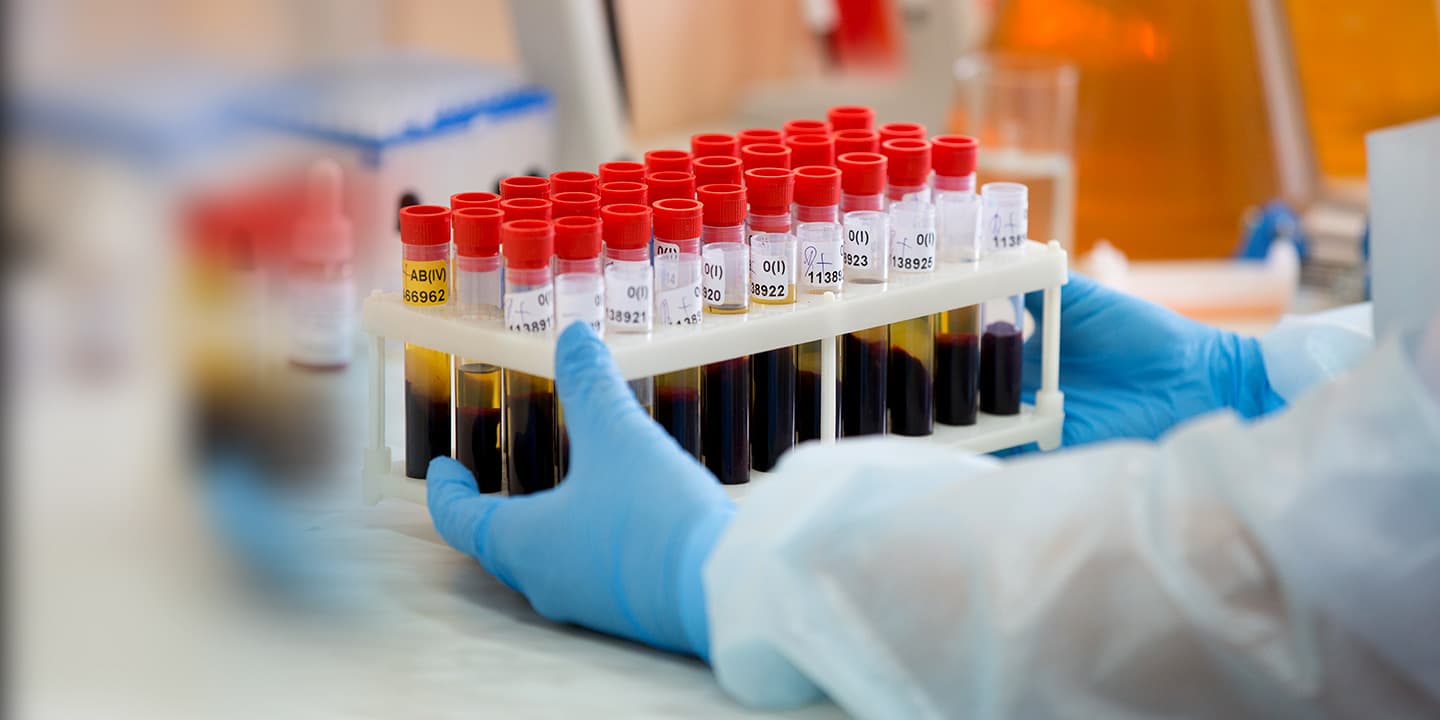Blood Grouping: what are the most common and rare blood groups by percentage in India

Medically Reviewed By
Dr. Ragiinii Sharma
Written By Dr Divya Rohra
on Mar 31, 2022
Last Edit Made By Dr Divya Rohra
on Mar 18, 2024

Blood group of an individual is based on their genes inherited from the parents. Certain blood groups are more common in the Indian population, whereas some blood groups are rare. The type of blood group is determined by the antigen that is present on the surface of the RBCs. In this article, we shall dwell into the details about blood groups that are most common and rare in India.

What are the types of Blood Groups present?
The blood group of an individual is based on the antigen present on the surface of RBCs and the Rh factor. According to the ABO blood group system, the four main types of blood group on the basis of presence or absence of antigens and antibodies are tabulated below:
| S.No. | Blood Group | Antigen | Antibody | Rh Factor (antigen D) |
| 1. | A+ | A | anti-B | Present |
| 2. | A- | A | anti-B | Absent |
| 3. | B+ | B | anti-A | Present |
| 4. | B- | B | anti-A | Absent |
| 5. | O+ | None | anti-A, anti-B | Present |
| 6. | O- | None | anti-A, anti-B | Absent |
| 7. | AB+ | A and B | None | Present |
| 8. | AB- | A and B | None | Absent |
What are the Most Common and Rare Blood Groups in India?
Taking reference of the National Health Services (NHS), the percentage of occurrence of rare and common blood groups among the Indian population as calculated on December 2018 are tabulated below:
| S.No. | Blood Group | Percentage occurrence in Indian population |
| 1. | O+ | 35% |
| 2. | A+ | 30% |
| 3. | O- | 13% |
| 4. | A- | 8% |
| 5. | B+ | 8% |
| 6. | B- | 2% |
| 7. | AB+ | 2% |
| 8. | AB- | 1% |
Rare Blood Groups in India
A blood group is considered rare if it occurs in 1 individual from a random sample of 1000 people. The rarest blood group in the ABO blood group system among the Indian population is the AB- blood group that is found in around 1% of the Indian population only. Other blood groups which are considered rare among the Indian population include:
- Bombay (Oh) phenotype: According to the National Institute of Immunohaematology of the Indian Council of Medical Research, only around 10 cases of Bombay phenotype are reported every year.
- -D-/-D- phenotype: This blood group is characterised by the absence of all Rh antigens except D.
- a+b- phenotype
- Colton-null phenotype (Co(a-b-))
- Weak variants of ABH antigens
- I-i- phenotype: Among the Mumbai population, this phenotype occurs in every 1 in 1000 people.
Common Blood Groups in India
Common blood groups are referred to as the blood groups that are present in the majority of the Indian population. These blood groups are easily available in the blood bank. The most common blood group among the Indian population is O+ that is present in approximately 35% of the population.
Takeaway
Although the blood of each individual looks the same, the genetic constitution differs in each individual. It is very important for an individual to know their blood group so that they can be helped in case of emergencies. Also, so that they can help someone in need. There are 8 different types of blood group depending upon the presence of antigen and Rh factor in their blood. Now that you know the most prevalent and rarest blood groups in India, you can better know in which category your blood group falls.
Frequently Asked Questions (FAQs)
1. What are the rarest forms of blood types in India?
The rarest blood types in India include Rh null, AB-, A-, B- and AB+.
2. Which blood group is most common?
The most common blood group in India is O.
3. Is positive blood group more common?
The Rh positive blood group is found in almost 77% of the donors in India.